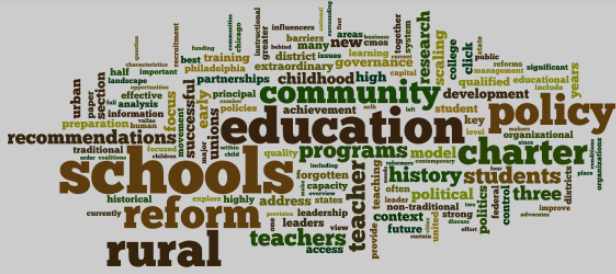DECENTRALIZATION IN PUBLIC SOCIAL SERVICES DELIVERY: A CRITICAL ANALYSIS OF SECONDARY EDUCATION IN TANZANIA
Keywords:
Decentralization Public social services Secondary education Tanzania EducationAbstract
This critical review examines the role of decentralization in delivering public social services, with a particular focus on secondary education in Tanzania. Decentralization has been implemented as a strategy to enhance efficiency, responsiveness, and accountability in public service delivery. The study analyzes the effects of decentralization on educational outcomes, resource allocation, and stakeholder engagement in Tanzania's secondary education sector. By reviewing existing literature, government reports, and case studies, the research identifies both the benefits and challenges associated with decentralization. Key findings indicate that while decentralization has improved community involvement and localized decision-making, it has also led to disparities in resource distribution and quality of education across different regions. Additionally, the study highlights the need for effective capacity-building initiatives and policy frameworks to support local governments in their educational responsibilities. The findings underscore the importance of addressing the challenges of decentralization to achieve equitable and quality secondary education in Tanzania, providing recommendations for policymakers and stakeholders to enhance the effectiveness of decentralized governance in the education sector.














